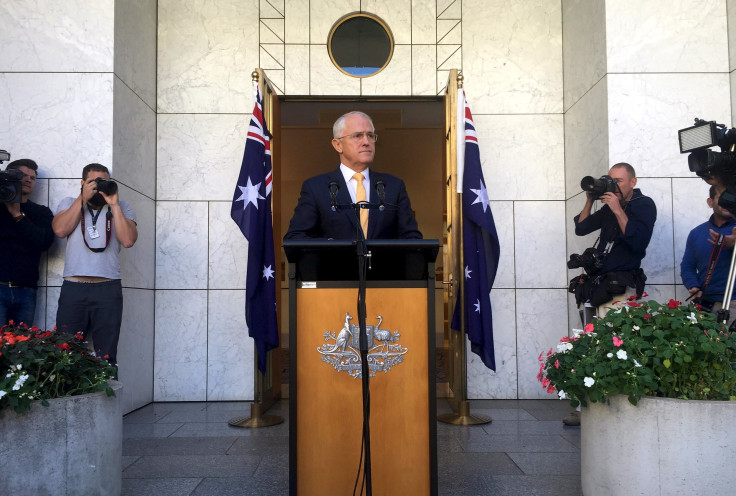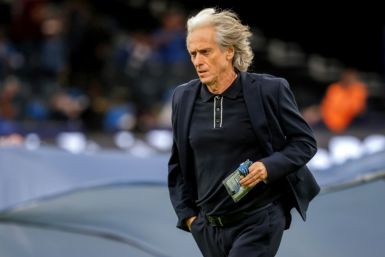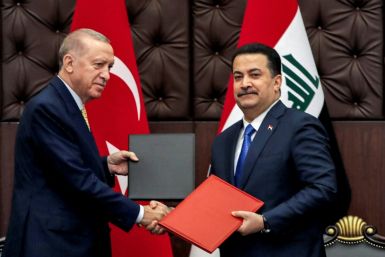Double dissolution set for July 2 as Senate blocks Turnbull government's ABCC legislation

The Turnbull government is expected to call a double dissolution election for July 2 after the senate created a trigger by rejecting the government’s legislation to re-establish the Australian Building and Construction Commission (ABCC).
This marks the unofficial launch of an unprecedented 75-day election campaign, the seventh double dissolution in Australia’s history.
Prime Minister Malcolm Turnbull told the press on Sunday that should the ABCC bill fail, “there will be a dissolution of both houses and an election of the 2nd of July”.
On Tuesday, Turnbull announced that he intends to ask the Governor-General dissolve both houses of parliament at an “approriate time” after the budget has been delivered.
Unlike a regular, ‘house and a half’ election, a double dissolution sees both the House of Representatives and the full Senate recalled for an early election. This is done to break a deadlock in the Senate, as is the case with the ABCC legislation.
The ABCC was an independent workplace relations watchdog for the construction industry that was abolished by the Gillard Labor government in 2012. Its functions have since been taken on by the Fair Work Building & Construction agency.
Employment Minister Michaelia Cash defended the proposed reintroduction of the ABCC, which was first established to combat what was characterised by the Coalition as “lawlessness” in the building industry.
“You cannot have a sector that for decades now has shown it wilfully and quite deliberately does not comply with workplace law,” she told the ABC. “We are here to clean up the sector.”
Labor employment spokesperson Brendan O’Connor, however, shut down the proposal, saying “it denies people’s rights of representation”.
“You could be compelled to give testimony without legal representation, you may not be able to disclose the information you've provided to your family or a lawyer,” he said.
On Monday evening, the ABCC legislation was defeated in the Senate 34 votes to 36.
Independent senators Nick Xenophon, David Leyonhjelm, Dio Wang and Bob Day voted with the government while Jacqui Lambie, Ricky Muir, Glenn Lazarus and John Madigan sided with Labor and the Greens to reject the bill.
The double dissolution trigger comes following the introduction of the government’s Senate voting reforms, which will make it more difficult for minor and microparty senators to be re-elected.
Current opinion polls show the Coalition and Labor neck-and-neck on a two-party preferred basis, with a negative trend for the government.
Unusually, the early election will be the first campaign for both candidates, with Malcolm Turnbull having assumed the Prime Ministership from Tony Abbott by way of an internal party ballot in 2015. Opposition Leader Bill Shorten meanwhile assumed the Labor Party leadership following its defeat at the 2013 federal election.






